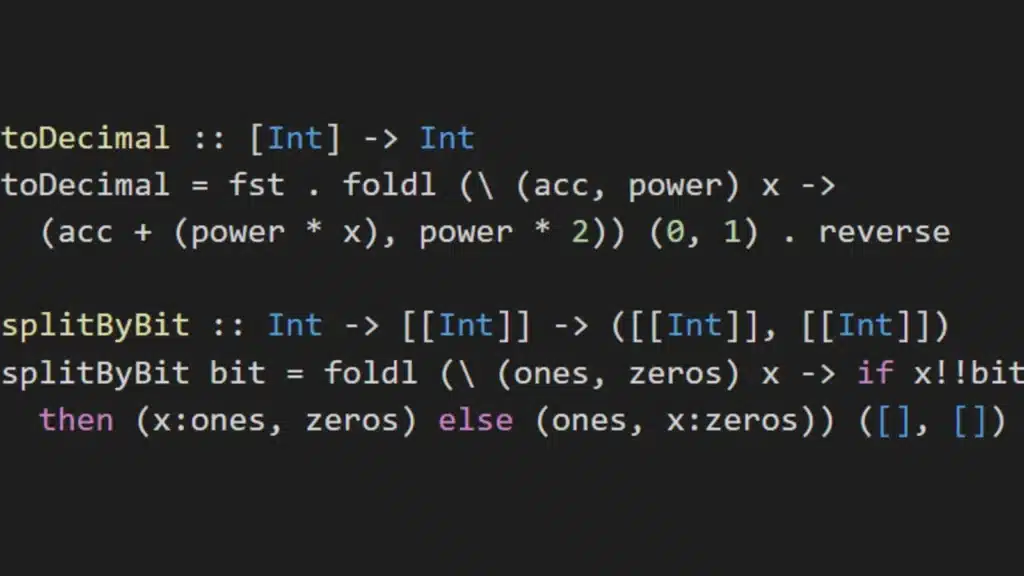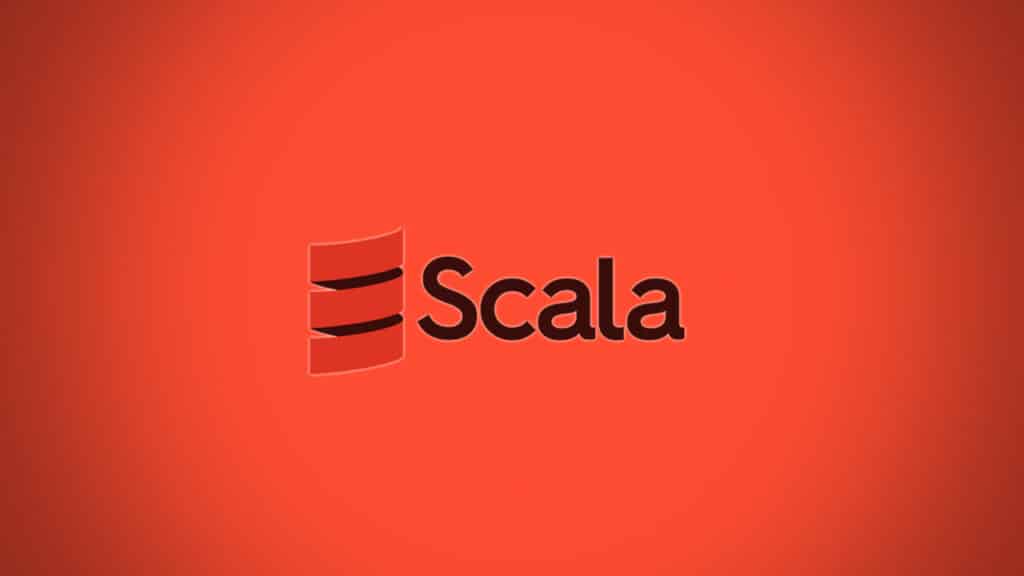Functional programming is a programming paradigm that focuses on the use of functions and immutable data structures to perform computation. This programming paradigm has gained popularity in recent years, especially with the emergence of languages like Haskell and Scala. Haskell and Scala are two of the most popular functional programming languages in use today, and they offer unique features that make them powerful and efficient for software development. In this article, we will explore the power of functional programming and the benefits of using Haskell and Scala to create robust and scalable software.
Contents
Functional Programming Paradigm
Functional programming is a programming paradigm that is based on the principles of mathematical functions. In functional programming, functions are the building blocks of programs, and they are used to transform data from one state to another. Unlike imperative programming, functional programming is declarative, which means that programs are expressed as a series of functions that operate on data structures. In functional programming, data structures are immutable, which means that once a value is assigned to a variable, it cannot be changed.
Functional programming offers several benefits over other programming paradigms. One of the key benefits of functional programming is that it is easy to reason about. Because functions in functional programming are pure and do not have side effects, they are easier to test and debug. Additionally, functional programming is highly modular, which makes it easier to reuse code and maintain software. Another blessing of functional programming is that it is highly scalable, which makes it ideal for large-scale software development.
The Power of Haskell
Haskell is a functional programming language that is revered for its expressiveness and security features. One of the unique features of Haskell is its type system, which ensures that programs are type-safe and free from runtime errors. Haskell also offers lazy evaluation, which allows computations to be performed only when they are needed. This makes Haskell highly efficient and memory-friendly. Additionally, Haskell has a rich ecosystem of libraries and tools that make it easy to build complex software systems.
Scala is a functional programming language that combines the best features of functional programming and object-oriented programming. Scala runs on the Java Virtual Machine (JVM), which makes it highly interoperable with Java code. Scala offers a powerful type system that supports type inference, which makes it easier to write concise and readable code. Additionally, Scala has a rich set of features for concurrent and distributed programming, which makes it ideal for building scalable and fault-tolerant systems.
Real-World Applications of Haskell and Scala
Haskell and Scala are used in a wide range of applications, from web development to scientific computing. In web development, Haskell is used to building web servers, APIs, and web applications. In scientific computing, Haskell is used to building mathematical models and simulations. Scala is used in big data processing and analysis, as well as in web development and machine learning. Both Haskell and Scala are highly versatile and can be used in a wide range of applications.
Functional programming offers several benefits over other programming paradigms, including modularity, scalability, and ease of reasoning. Haskell and Scala are two of the most popular functional programming languages in use today, and they offer unique features that make them powerful and efficient for software development. Haskell is known for its expressiveness and safety features, while Scala combines the best features of functional programming and object-oriented programming. Both languages are highly versatile and can be used in a wide range of applications, from web development to scientific computing.




